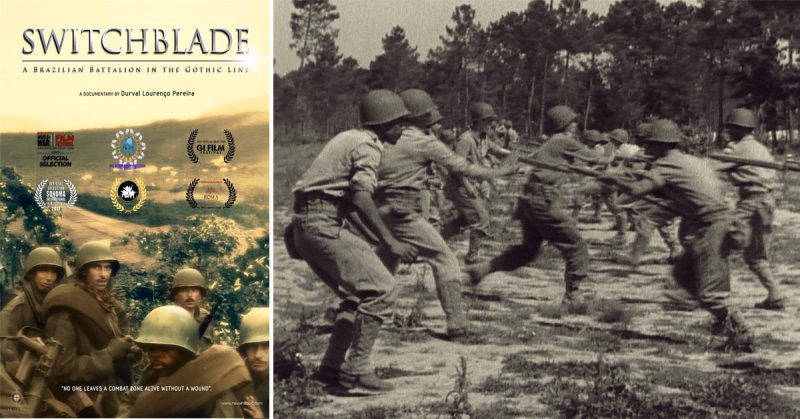How strong and enduring can the impact of war on a human being be? How does it influence family and friendship ties? How does it affect the body, mind, and spirit of veterans?
These are some of the questions approached in this documentary, whose background is the trajectory of the men from the 3rd Battalion of the 6th InfantryRegiment — “Navalha” [“Switchblade”] —, of the FEB (Brazilian Expeditionary Force), as well as the battles they fought in the Gothic Line, raised by the Axis armies in Italy, during World War II.
The guiding thread of the narrative follows the statements of twenty interviewees, chosen among former combatants and historians. Based on the eyewitness account of soldiers who lived the horror of war, the work dives into the Brazilian soul, values, beliefs, singularities, virtues, and flaws in the face of the other peoples involved in the conflict.
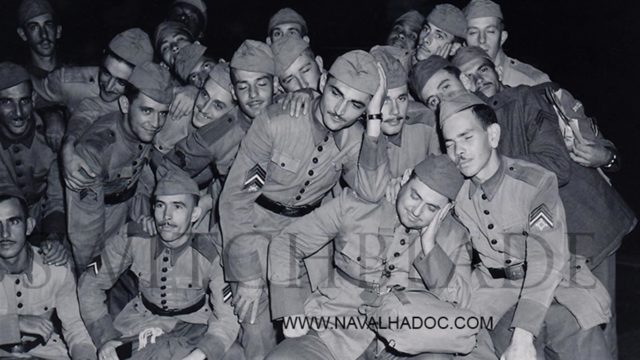
Filled with never before seen photos and footage depicting the Brazilian participation in the conflict obtained from national and foreign archives, the production includes one decade of research and interviews conducted with FEB veterans in different Brazilian cities. All of this was done without using a single cent coming from government or private funding.
“Navalha” is also a story of overcoming of humble young people — most of them coming from farms in the hinterland of Brazil —, who were suddenly put to the test in an arena where the major world powers were testing their strength against one another: the battlefield. The documentary recovers the epic trajectory of men who responded to the call of duty, in a decisive moment for the fate of Mankind, by writing a page in history that Brazilians can truly be proud of.
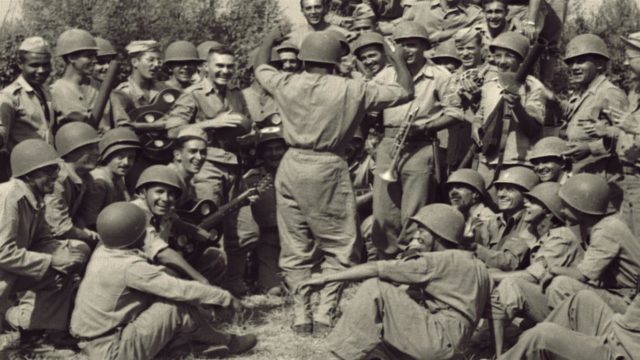
Director’s statement
Many people are surprised when they find out that Brazil sent an Expeditionary Force to fight in Europe during World War II — including Brazil. This was one of the reasons for producing and directing this documentary. But it is not the main one.
Brazilian participation in the conflict was modest if compared to that of the major powers; however, the hardships the soldiers faced were similar to that of the other combatants on the Western front. And not infrequently they were worse. Coming from a militarily behind and weak country, the men from “Switchblade” were viewed with suspicion by their allies, and were seen as members of a second-class troop.
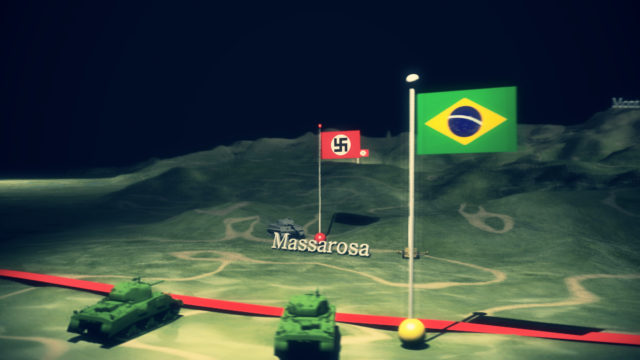
Their own compatriots expressed such suspicion. At the time, many used to mockingly say that “it would be easier for a snake to smoke than to have Brazil embarking for war.” According to some statements, the adoption of a badge depicting a snake smoking would have been an answer to the critics.
However, as a result of the lack of troops in Italy in 1944, after being poorly trained, they were quickly thrown to the front against an experienced enemy. Even worse, they were given rifles that were so outdated that not even the racially segregated North American Divisions would use them as individual standard weaponry. That is why “Switchblade” is also a story of overcoming.
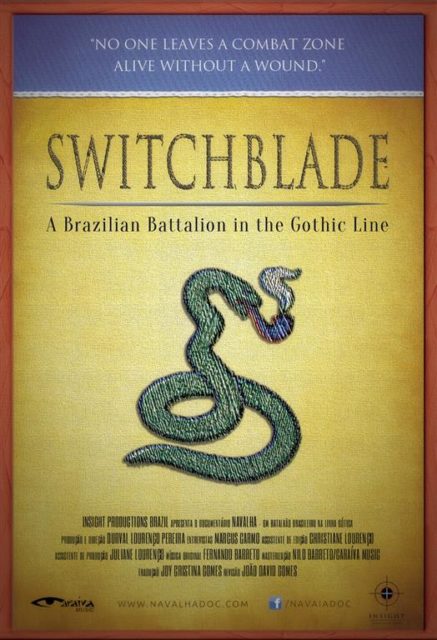
If the Brazilian presence in the conflict is poorly known, much less are the obstacles the battalion members faced during the campaign and after it. So, I emphasized the level of intensity and permanence of the effects of war on the bodies, the minds and the souls of the combatants, as well as its influence on their family and friendship ties: the raw material of the invisible link that binds the veterans together.
Despite producing and directing the work, I’m always moved by the power of their statements, telling the different dramas that afflict human beings in war. This is the greatest reason for taking this project forward. “Switchblade” approaches timeless issues that overcome cultural barriers among peoples. I have the conviction that they are common to all those who have been in a combat zone, regardless of the country they came from. My true desire is to be able to share these stories and reflections with the public, and that this work is able to move and inspire those who watch it as much as it moves and inspires me.
The film was awarded as “Best International Film” at GI Film Festival (Washington D.C. 2017) and was at Normandie WWII Film Festival, June 5, 2017.
Durval Lourenço Pereira
All photos provided by the author.
